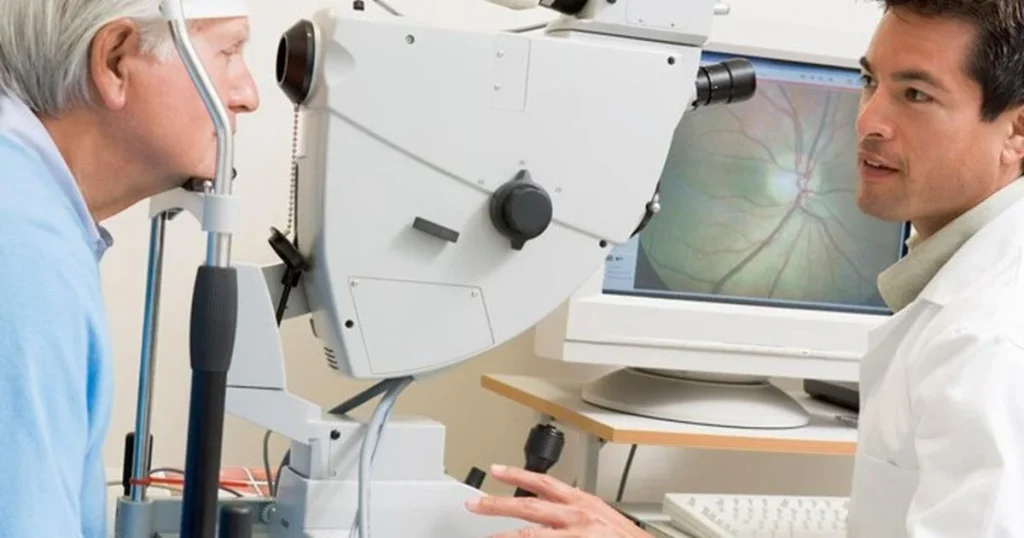Listen to the article
In a significant move to address the growing concern of health misinformation, the American Medical Association (AMA) has called for greater collaboration among healthcare professionals, technology companies, and policymakers to combat false health information that continues to spread across digital platforms.
The nation’s largest association of physicians highlighted the dangers posed by medical misinformation, which has become increasingly prevalent in recent years, particularly during the COVID-19 pandemic. According to the AMA, misleading health information can lead to harmful health decisions, vaccine hesitancy, and distrust in medical expertise.
“Health misinformation represents a critical public health threat that requires a coordinated response,” said Dr. Jesse Ehrenfeld, president of the AMA. “When patients make decisions based on false or misleading information, it can lead to delayed care, worsened health outcomes, and in some cases, preventable deaths.”
The AMA’s initiative comes as studies show that approximately 80 percent of Americans encounter health misinformation online, with social media platforms serving as primary vectors for dissemination. The spread of inaccurate information has been linked to reduced vaccination rates and increased use of unproven treatments for various conditions.
Healthcare experts point to several factors driving the misinformation epidemic, including the democratization of information sharing, algorithm-driven content promotion, and a general decline in trust of traditional medical authorities. The COVID-19 pandemic accelerated these trends, creating what the World Health Organization previously labeled an “infodemic” alongside the pandemic itself.
The AMA’s proposal emphasizes a multi-pronged approach that includes developing clear guidelines for identifying credible health information sources, creating educational resources for patients, and working with technology companies to adjust their algorithms to prioritize scientifically accurate content.
“This isn’t about censorship,” explained Dr. Caroline Martinez, a health communication specialist at Johns Hopkins University who was not involved in the AMA initiative. “It’s about ensuring that people have access to accurate information so they can make truly informed decisions about their health.”
The proposed collaboration would involve major technology companies like Meta, Google, and Twitter (now X), which have faced criticism for their handling of health misinformation. These platforms have implemented various measures in recent years, including adding information labels to potentially misleading content and directing users to authoritative health sources.
However, critics argue these efforts have been inconsistent and insufficient. A 2022 report from the Center for Countering Digital Hate found that even after implementing new policies, major social platforms failed to act on up to 80 percent of posts containing health misinformation.
The AMA’s approach also calls for improved health literacy among the general public. Studies suggest that individuals with stronger health literacy skills are better equipped to identify misinformation and make evidence-based health decisions.
“We need to help patients develop the critical thinking skills necessary to evaluate health information,” said Dr. Ehrenfeld. “At the same time, we need to make accurate, understandable information more accessible.”
Healthcare systems and individual providers are encouraged to actively engage in these efforts by communicating clearly with patients about common misconceptions and directing them to reliable resources.
Medical schools across the country have begun incorporating training on addressing misinformation into their curricula, preparing the next generation of physicians to tackle this growing problem.
Industry observers note that the AMA’s call for collaboration represents a shift in how the medical establishment approaches misinformation—moving from a reactive stance to a proactive one that acknowledges the complexity of the digital information ecosystem.
As this initiative moves forward, challenges remain in balancing free speech concerns with the need to protect public health. Finding this balance will require ongoing dialogue between medical experts, technology leaders, and policymakers to develop approaches that respect both information integrity and individual autonomy.
Fact Checker
Verify the accuracy of this article using The Disinformation Commission analysis and real-time sources.




14 Comments
While I’m glad to see the AMA taking action, I’m curious to learn more about the specific strategies they plan to implement. Tackling this issue will require a multifaceted approach.
Addressing the root causes of health misinformation and promoting digital literacy will be critical to the success of this initiative.
Vaccine hesitancy fueled by misinformation is a major public health threat. I hope this initiative can help rebuild trust in medical expertise and promote evidence-based decision-making.
Widespread access to accurate, science-based information is key to ensuring people make informed choices about their healthcare.
This is an important issue that extends far beyond just the medical field. Combating the spread of misinformation should be a priority for society as a whole.
I hope this effort can serve as a model for other sectors to follow in addressing the challenges posed by the digital information landscape.
The statistics around health misinformation are quite alarming. Tackling this problem head-on is essential for protecting patient wellbeing and public safety.
This is a complex issue, but I’m optimistic that a collaborative approach can lead to meaningful solutions.
The COVID-19 pandemic has highlighted just how rapidly misinformation can spread and undermine public health efforts. This is a timely and necessary step by the AMA.
I agree, a coordinated response involving multiple stakeholders is essential to effectively countering the threat of health misinformation.
This is a concerning issue that requires a multi-stakeholder approach. Misinformation can have serious consequences for public health, so I’m glad to see the AMA taking a proactive stance to address it.
Collaborative efforts between healthcare providers, tech companies, and policymakers are crucial to combat the spread of misleading health information online.
As someone who follows healthcare news closely, I’m curious to see how the AMA’s initiative unfolds. Addressing medical misinformation is such a critical priority right now.
Restoring trust in medical expertise is key. I hope this effort can make a real difference in combating harmful falsehoods.